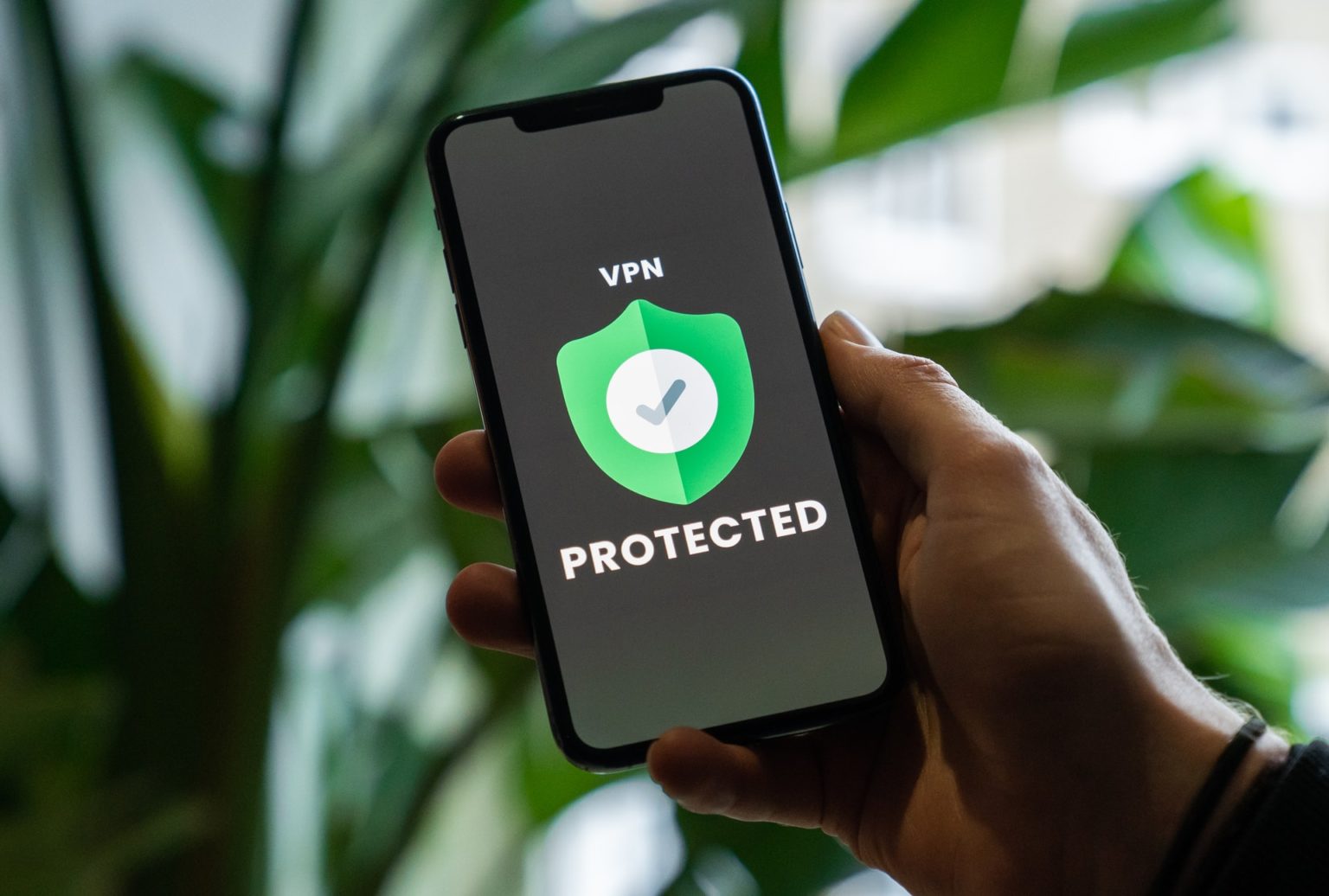The outbreak of the Coronavirus has put the world in a bit of a frenzy. The pandemic has changed every aspect of our social and professional lives. This also includes digital security, also known as cybersecurity.
The digital revolution has brought about many benefits to our everyday lives. Unfortunately, this has also come with an equal amount of risk. Security threats such as phishing, ransomware, data breaches, and hackings have caused havoc within businesses. The constant evolution of technology and the pandemic’s effects are bound to bring some changes to the digital world. Below is a list of digital security trends you can expect in 2021.
Remote Working

The pandemic has increased and normalized the culture of remote working, which shows the effectiveness of the technology. However, this also brings about an increase in digital security threats. The first is the issue of unsecured wireless connections. Within the workplace, internet connection is protected from unauthorized parties. However, with remote working, this may not be the case. This means drive-by cyber attackers are granted easy access to computers and can, in turn, steal sensitive information. Another threat is that of phishing. As communication is done via text, telephone, and emails, remote workers may be easy targets for this form of cybercrime. To be one step ahead of these criminals, companies such as Securd have created software cybersecurity solutions.
Securd is a team dedicated to providing its customers with security and IT solutions they can rely on. Located in Atlanta, GA, this team offers the best-of-breed simple, scalable cloud-based security solutions that are easy to use, maintain, and mitigate cyber risk for the long term. Consider visiting securd.com to learn more about their services and products.
Multi-factor Authentication
Over the years, multi-factor authentication (MFA) has been regarded as an effective form of protection. However, there has been an increase in third-parties breaching this form of authentication, especially with authentication done via SMS or phone call. Since an SMS isn’t encrypted, cybercriminals can intercept these messages to grab the one-time pin or password in a short time. This has led to a series of fraudulent activities, such as a mass operation of online bank theft. For protection against such attacks, it’s advisable to use the more evolved app-based authenticators and security keys, and hardware MFAs.
Enhanced Cloud Solutions
Cloud storage has been a life-saver, especially now with remote working being a practice that’s here to stay. Businesses can store sensitive data conveniently and safely; however, with many companies joining in on these cloud solutions, the more vulnerable it’s becoming. Although some of these cloud services such as Google and Microsoft One Drive are already created with adequate security measures, there’s still a need to increase these security measures. By measuring and updating their security, they can identify loopholes and destroy the strategies put in place by hackers to intercept the security strength. These cloud services will most likely implement extra measures to protect the user from data leaks, malicious software, and errors.
Automotive Hacking
In recent times, car manufacturers such as Tesla have drastically improved their use of smart tech in vehicles. These features have enhanced the users driving experience as this software has created advanced driving assistance systems. However, these enhancements have also made these vehicles targets for cybercriminals to take advantage of. As these vehicles use Bluetooth and WiFi technologies to communicate, hackers can gain control over the car or eavesdrop on conversations.
The increased use of cloud solutions, MFA, and remote working tools has resulted in huge efficiency gains in countless processes. With newer digital tech popping up throughout the year, it’s advisable now more than ever to implement highly effective cybersecurity measures.






